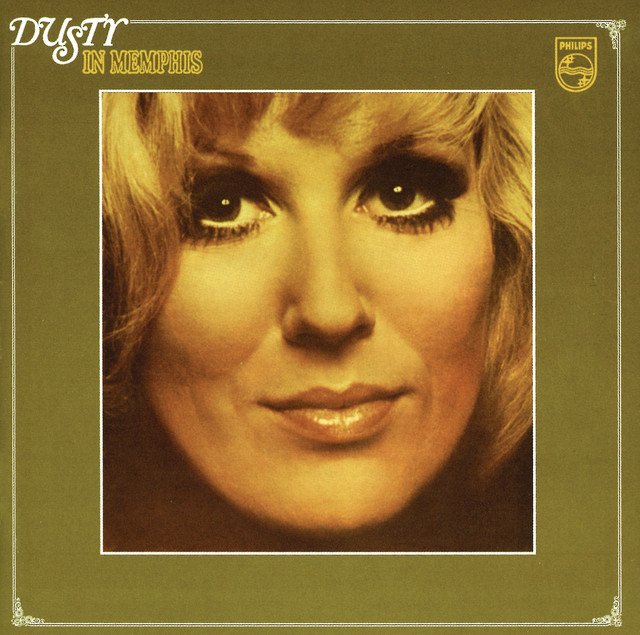Son of a Preacher Man is a song that captures the essence of forbidden love and youthful longing, sung by one of the most iconic voices of the 1960s, Dusty Springfield. The song’s narrative, rich with emotion and soul, tells the story of a young girl’s encounters with the son of a preacher, who teaches her about love and life.
The Creative Genesis
The song was written by American songwriters John Hurley and Ronnie Wilkins, who had previously penned “Love of the Common People.” They originally wrote the song with Aretha Franklin in mind, as she was the daughter of a preacher. However, Franklin turned down the song, as she felt it was too disrespectful to her father.
The song was then offered to Dusty Springfield, who was recording her first album for Atlantic Records in Memphis, Tennessee. The album, titled Dusty in Memphis, was produced by Jerry Wexler, Tom Dowd, and Arif Mardin, who were known for their work with soul legends such as Ray Charles and Wilson Pickett.
Dusty Springfield’s Reluctance and Revelation
Dusty Springfield was initially hesitant to record Son of a Preacher Man, as she felt intimidated by the song’s simplicity and soulfulness. She later confessed, “I hated it because I couldn’t be Aretha Franklin. I was someone who had come from thundering drums and Phil Spector, and I didn’t understand sparseness.” She also struggled with the song’s lyrics, which she found too suggestive and explicit.
However, after listening to the song repeatedly, Springfield gradually warmed up to it and decided to give it a try. She recorded the song in September 1968 with the help of the Memphis musicians, who had played on many hit records. She also added her own touch to the song, such as changing the line “he’d kiss and tell me everything is all right” to “he’d kiss and take me everything is all right.
The Song’s Resonance and Revival
The song was released as a single in November 1968 and became an instant hit, reaching the top 10 in both the UK and US charts. It was also praised by critics and fans alike, who admired Springfield’s distinctive voice and expressive delivery. The song became one of Springfield’s signature tunes and one of the most popular songs of the decade.
The song also found a new audience in 1994, when it was featured on the soundtrack of Quentin Tarantino’s cult film Pulp Fiction. The film used the song in a memorable scene where Uma Thurman’s character dances with John Travolta’s character in a retro diner. The song’s inclusion in the film boosted its popularity and introduced Springfield’s soulful voice to a new generation of listeners.
Reflections on Legacy and Influence
Son of a Preacher Man is widely regarded as one of the greatest songs of all time and a testament to Dusty Springfield’s versatility and artistry. The song showcases Springfield’s ability to convey profound emotions through music and to blend different genres and influences, such as soul, country, and pop. The song also influenced many other artists, such as Joss Stone, Amy Winehouse, and Adele, who have cited Springfield as one of their inspirations.
In Dusty’s Words
Looking back on her experience with the song, Springfield said, “When I got free of that, I finally liked it, but it took me a long time. I wouldn’t play it for a year.” This candid admission reveals the artist’s internal struggles and her journey towards embracing the song that would become one of her greatest hits.
Conclusion

Son of a Preacher Man is a powerful ode to love, longing, and the complexities of human relationships. Dusty Springfield’s rendition, marked by her soulful voice and emotional depth, ensures that the song continues to be celebrated across generations, making it a true classic in every sense of the word.
You might also like:
- Dionne Warwick Songs: A Melodic Journey Through Time
- Barry White Songs: The Soulful Symphony of Love and Rhythm
- Unravelling the Depth and Beauty of Saturn by SZA: A Lyrics Analysis
- Rediscovering The Magic: The Story of John Lennon’s Now and Then
Dusty Springfield Son of a Preacher Man Lyrics
Verse 1
Billy-Ray was a preacher’s son
And when his daddy would visit, he’d come along
When they gathered ’round and started talkin’
That’s when Billy would take me walkin’
Out through the back yard, we’d go walkin’
Then he’d look into my eyes
Lord knows, to my surprise
Chorus
The only one who could ever reach me
Was the son of a preacher man
The only boy who could ever teach me
Was the son of a preacher man
Yes, he was, he was
Ooh, yes, he was
Verse 2
Being good isn’t always easy
No matter how hard I try
When he started sweet-talkin’ to me
He’d come and tell me everything is alright
He’d kiss and tell me everything is alright
Can I get away again tonight?
Chorus
The only one who could ever reach me
Was the son of a preacher man
The only boy who could ever teach me
Was the son of a preacher man
Yes, he was (Was), he was (Was)
(Ooh) Lord knows he was
(Yes, he was)
Bridge
How well I remember
The look that was in his eyes
Stealin’ kisses from me on the sly
Takin’ time to make time
Tellin’ me that he’s all mine
Learnin’ from each other’s knowin’
Lookin’ to see how much we’ve grown and
Chorus
The only one who could ever reach me
Was the son of a preacher man
The only boy who could ever teach me
Was the son of a preacher man
Yes, he was (Was), he was (Was)
Oh, yes, he was
Outro
(The only one who could ever reach me)
He was the sweet-talkin’ son of a preacher man
(The only boy who could ever teach me)
I kissed the son of a preacher man
(The only one who could ever move me)
The sweet-lovin’ son of a preacher man
(The only one who could ever groove me)
Was the son of a preacher man
(The only one who could ever reach me)
Was the son of a preacher man


